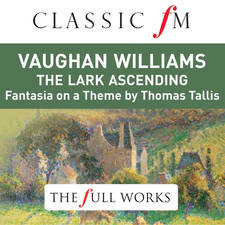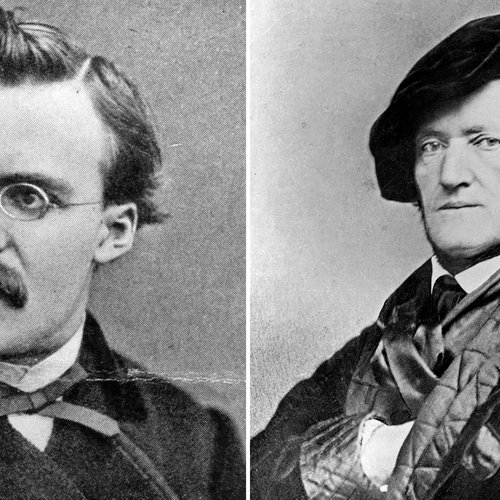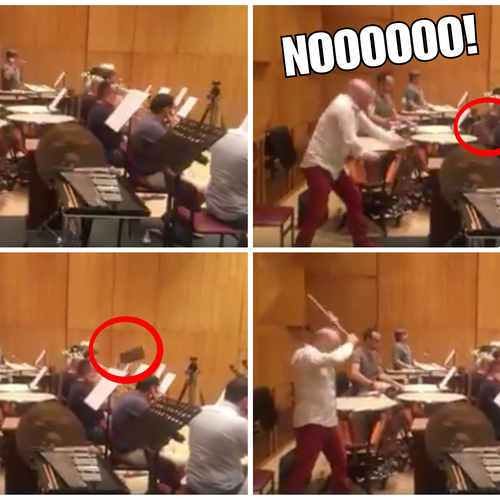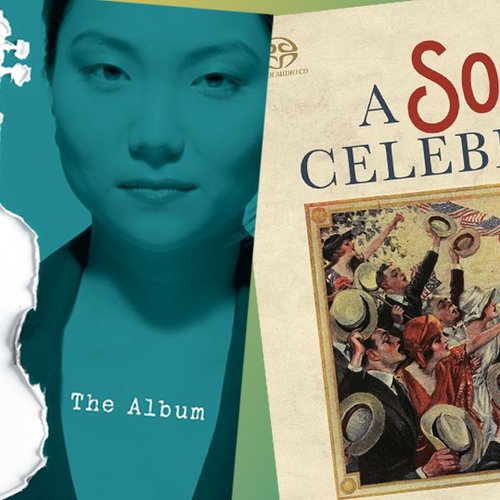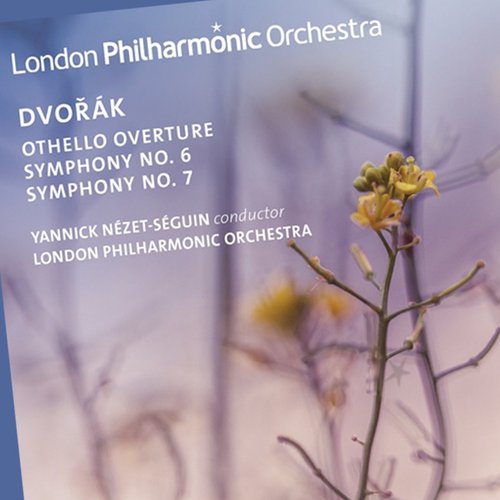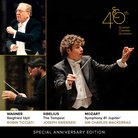How To Buy Wagner's Tristan And Isolde
Among Carlos Kleiber’s very few recordings is a Wagnerian gem: his visionary Tristan and Isolde. It’s the one to own, says Classic FM
Of the many great works in the operatic repertoire, this is regarded as one of the pinnacles. It was in the 1840s that Richard Wagner first encountered Gottfried von Strassburg’s legend of Tristan in a modern German version by the poet and novelist Hermann Kurz.
However, it wasn’t until around a decade later that Wagner decided to look into the possibilities of using it in some way or other. In fact, he was busy writing Siegfried, an opera from his epic Ring cycle, when he decided to change course and begin work on Tristan and Isolde.
His love affair with Mathilde Wesendonck, the 28-year-old wife of his principal benefactor Otto Wesendonck, was a major inspiration behind this work. Not only did Wagner write the music for this opera, or ‘music drama’ as he preferred to call it, he wrote the libretto as well.
The so-called Tristan Chord is hugely famous and important, first heard in the opening prelude and throughout the three acts. The plot takes place in the Middle Ages and revolves around Isolde, a princess of lreland, King Marke of Cornwall and his nephew, Tristan. The opera ends with Isolde’s famous ‘Liebestod’ (Love-death), where she collapses on Tristan’s body and dies.
It was premiered in Munich on 10 June 1865, with the husband-and-wife team of Ludwig and Malvina Schnorr von Carolsfeld in the principal roles and conducted by one of the most famous maestros of the 19th century, Hans von Bülow.
One of the most notable Wagnerian conductors of the 20th century was Wilhelm Furtwängler and despite its audio limitations, his 1952 mono recording has certainly stood the test of time. Isolde is sung by the 57-year-old Kirsten Flagstad.
Naturally her voice isn’t at its peak, but she nevertheless produces a striking performance, aided by one or two top notes courtesy of the younger Elizabeth Schwarzkopf. Ludwig Suthaus provides a competent Tristan and a young Dietrich Fischer-Dieskau delivers a fresh-faced Kurwenal. Special praise must go to the Philharmonia, whose Prelude to Act Three is a good example of its fine work.
Also on top form, in a far superior sound, is the Bayreuth Festival Orchestra under Karl Böhm, captured live in 1966. With soloists of the calibre of Birgit Nilsson and Wolfgang Windgassen, you expect nothing but greatness and they don’t disappoint. Windgassen’s burnished tone is especially effective in act three and the famous ‘Liebestod’ that follows is sung with great passion and power by Nilsson.
If you prefer a more youthful- sounding Isolde then Margaret Price in Carlos Kleiber’s compelling account is the answer. Both she and Rene Kollo, as Tristan, give thoroughly convincing performances, as indeed does the rest of the cast, particularly Brigitte Fassbaender as Brangäne. With ravishing voices and Kleiber’s electric conducting, this is a love story of epic proportions.
Siegfried Jerusalem and Waltraud Meier despatch a deeply intense reading in a match made in heaven for Warner Classics; their combined vocal quality is one to cherish.
The same can also be said of one of the greatest singers of our generation, Plácido Domingo. His Tristan alone is worth the price of this EMI set, but his partner in love, Nina Stemme, a very girlish princess, will also break hearts. With Antonio Pappano at the helm of the Chorus and Orchestra of the Royal Opera House this, the most recent recording, provides over three and a half hours of engaging and enjoyable listening.
But in conclusion, it is from Carlos Kleiber that we have the most radiant conducting, so it has to be his version that tops the bill.
THE RECORDING TO OWN
René Kollo, Margaret Price, Rundfunkchor Leipzig, Staatskapelle Dresden/Carlos Kleiber
Kleiber made very few recordings, but those he did are highly rated. This is inspirational, visionary and a collector’s item.
DEUTSCHE GRAMMOPHON 477 5355
ALSO CONSIDER…
Chorus of the ROH, Philharmonia Orchestra/ Wilhelm Furtwängler
EMI 585 8732
Choir and Orch of the Bayreuth Festival/
Karl Böhm
DEUTSCHE GRAMMOPHON 449 7722
Choir of Berlin Staatsoper, Berlin PO/Daniel Barenboim
WARNER CLASSICS 2564 67605
